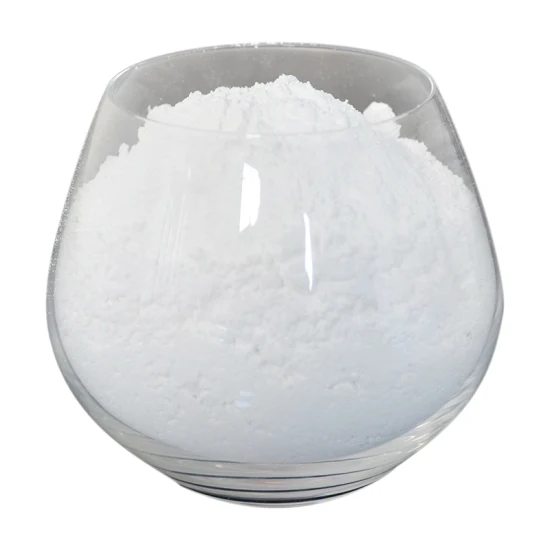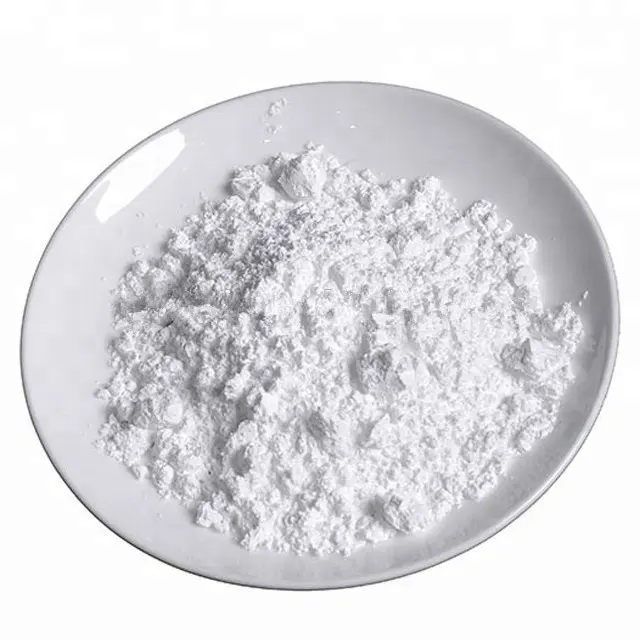 YuYi
YuYi
 Aug 24,2023
Aug 24,2023

Nano yttria, also known as yttrium oxide nanoparticles, is a cutting-edge nanomaterial that has captivated researchers and industries with its exceptional properties and wide-ranging applications. This article explores the world of nano yttria and its potential to revolutionize various fields, from electronics to medical science.
Properties and Synthesis:
Nano yttria possesses unique properties attributed to its nanoscale size and high surface area. Yttrium oxide nanoparticles exhibit high thermal stability, excellent electrical conductivity, and a remarkable ability to withstand harsh environmental conditions. The synthesis of nano yttria involves advanced techniques such as the sol-gel method, precipitation, and hydrothermal synthesis, which ensure precise control over its size and morphology.

Nano yttria finds extensive use in the electronics industry due to its remarkable electrical and thermal conductivity. It serves as a critical component in semiconductors, sensors, and high-performance electronic devices. Additionally, its unique optical properties enable its application in optoelectronic devices like lasers and light-emitting diodes (LEDs).
Yttrium oxide nanoparticles play a pivotal role in the development of SOFCs. As an electrolyte material, nano yttria enhances the fuel cell's efficiency and durability, enabling clean and efficient energy conversion.
In the biomedical field, nano yttria holds significant promise. It is used in biomedical imaging as a contrast agent due to its low toxicity and excellent biocompatibility. Additionally, yttrium oxide nanoparticles show potential in targeted drug delivery systems, contributing to advancements in cancer therapy and personalized medicine.
Nanoyttria is a crucial component in the manufacturing of high-performance ceramics, particularly in industries like aerospace and automotive. Its ability to enhance the mechanical properties of ceramics makes it desirable for the production of lightweight yet robust components.
The UV-absorbing properties of nano yttria have led to its application in sunscreens, coatings, and protective materials. Its ability to absorb harmful UV radiation makes it a valuable ingredient in products designed to shield against sun damage.
As with any nanomaterial, the safety of nano yttria is of utmost importance. Ongoing research focuses on understanding the potential health and environmental implications of its widespread use to ensure responsible and safe application.

Nano yttria, with its remarkable properties and diverse applications, holds immense promise in shaping the future of numerous industries. From electronics and energy conversion to biomedical innovations and UV protection, this nanomaterial is set to transform various sectors. As research continues to uncover its full potential and address safety concerns, nano yttria stands as a prime example of nanotechnology's potential to revolutionize modern science and technology.
